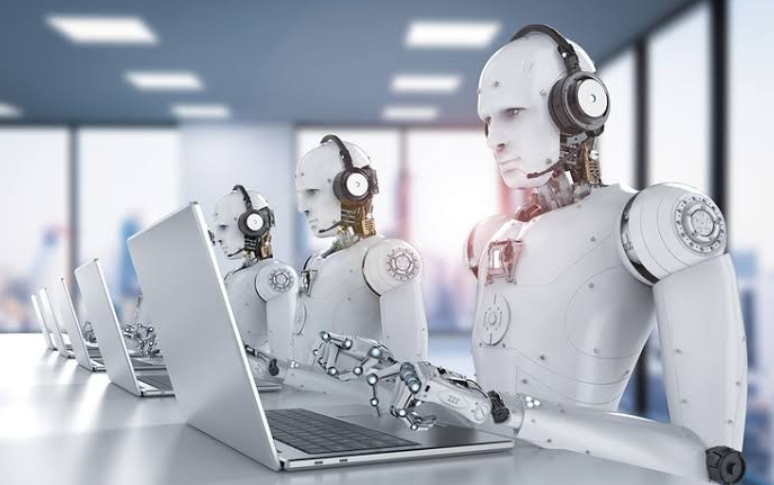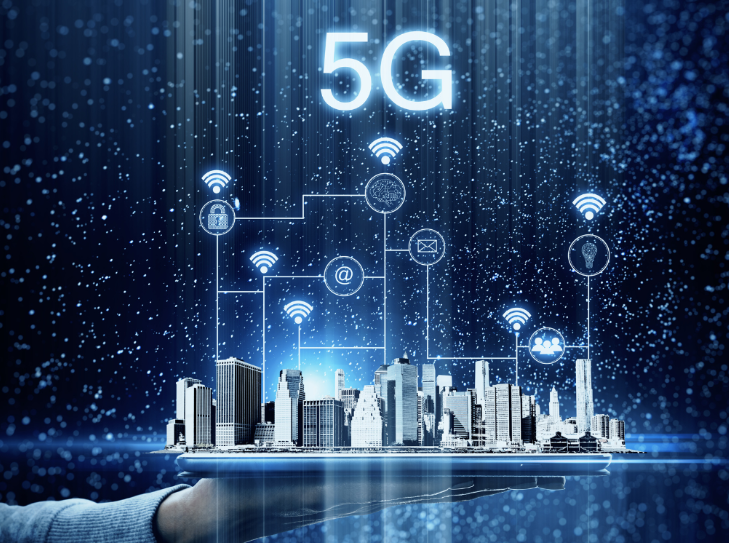How AI and Automation Will Shape the Future of Work

The integration of AI and automation into various sectors is not merely a trend; it is a transformative force reshaping job roles and responsibilities. As machines increasingly handle repetitive tasks, the demand for human skills—such as creativity and emotional intelligence—will rise. This shift raises critical questions about workforce adaptability and the necessary skills for future employment. Understanding these dynamics will be essential to grasp the full implications of this technological evolution.
The Impact of AI and Automation on Job Roles
As organizations increasingly integrate AI and automation into their workflows, the landscape of job roles is undergoing a significant transformation.
Job displacement is a pressing concern, yet the evolution of roles offers opportunities for individuals to adapt and thrive.
Emphasizing creativity and critical thinking, the workforce will evolve, emphasizing skills that machines cannot replicate, ultimately fostering a more dynamic and liberated professional environment.
Industries Experiencing Transformation
The integration of AI and automation is reshaping various industries, fundamentally altering operational processes and workforce dynamics.
Healthcare innovation enhances patient outcomes, while manufacturing efficiency drives productivity.
Retail automation streamlines customer experiences, and transportation evolution optimizes logistics.
Agriculture technology improves yields, finance optimization increases accuracy, and education transformation personalizes learning.
These advancements collectively signify a transformative era, empowering industries to thrive autonomously and efficiently.
Opportunities for Skill Development and Adaptation
While industries adapt to the evolving landscape shaped by AI and automation, significant opportunities for skill development and adaptation emerge for the workforce.
Reskilling initiatives are increasingly prioritized, promoting lifelong learning as a foundational element for career resilience.
This shift encourages individuals to embrace new technologies and methodologies, ensuring they remain competitive and empowered in an ever-changing job market that values adaptability and continuous growth.
See also: How 5G Technology Will Transform Communication
Navigating the Challenges of a Changing Workforce
Amidst the transformative effects of AI and automation, organizations face significant challenges in managing a workforce that is increasingly diverse in skills and expectations.
Effective remote collaboration becomes essential, as teams navigate varied communication styles and cultural backgrounds.
Embracing workforce diversity allows organizations to harness unique perspectives, fostering innovation.
To thrive, leaders must prioritize adaptive strategies that support inclusive environments and empower all employees.
Conclusion
As AI and automation redefine the workforce, a delicate balance emerges between displacement and opportunity. Coinciding with the rise of creative and critical thinking roles, industries will adapt, embracing innovation as a cornerstone of success. Continuous reskilling becomes imperative, fostering a culture of lifelong learning. In this evolving landscape, collaboration and emotional intelligence will not only survive but thrive, paving the way for a future where human potential is maximized amidst technological advancement.





